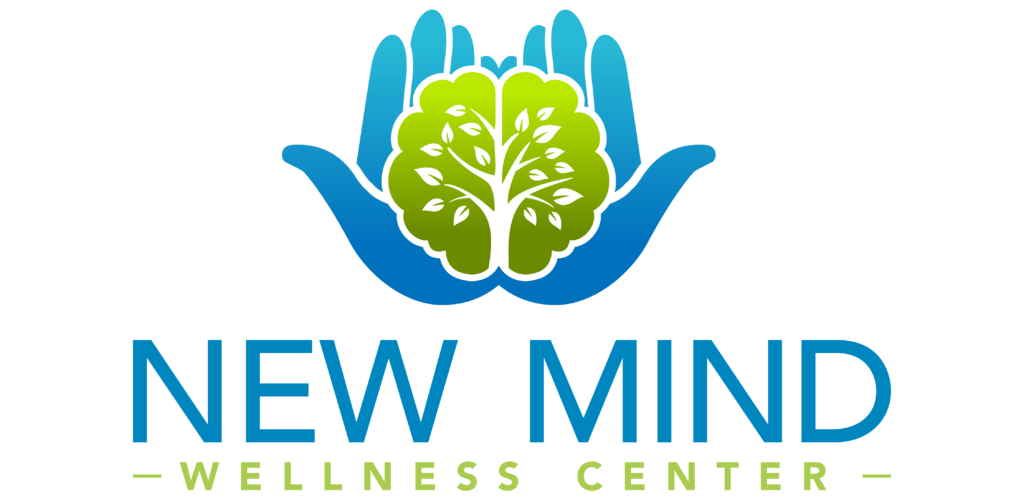
What is a Partial Hospitalization Program (PHP)?
Effective mental health treatment can occur in a variety of environments, so it’s important to understand the features and benefits of these various levels of care. For example, what is a partial hospitalization program, and how can you decide if it’s the best option for you or a loved one?
To learn more about Mental Health Treatment options at New Mind Wellness, call us today or verify your insurance online. We’re excited to help you start your personal recovery journey.
What Is a Partial Hospitalization Program (PHP)?
What is a partial hospitalization program? Commonly referred to as a PHP, a partial hospitalization program is the highest level of outpatient treatment.
The continuum of care for people who have mental health concerns includes:
- Inpatient treatment
- Residential care
- Partial hospitalization program (PHP)
- Intensive outpatient program (IOP)
- Outpatient therapy or counseling
At the inpatient and residential levels, patients live at the center where they are receiving treatment. At the PHP, IOP, and outpatient levels, patients only need to be at the center when treatment is in session.
PHPs typically involve five or six hours of care, five days per week.

Who Are Partial Hospitalization Programs Designed to Treat?
All reputable PHPs make admissions decisions on a case-by case basis, following a thorough review of each prospective patient’s history and current needs, as well as other relevant factors. In general, though, PHPs are designed for patients who meet criteria such as:
- Have completed an inpatient or residential program, and need additional support as they work to better manage their symptoms and prepare to transition out of treatment.
- Have previously received care at the IOP or outpatient levels, but need more intensive services than can be provided at either of those levels.
- Are entering treatment for the first time, and can benefit from full days of treatment, but do not require round-the-clock care or 24/7 supervision.
In terms of conditions treated, this can vary among providers. Some PHP may focus on caring for people who have specific mental health disorders, while others serve a patient population with a broad scope of needs.
Common concerns that people often get help with at the PHP level include:
- Anxiety disorders
- Depressive disorders
- Bipolar disorder
- Posttraumatic stress disorder (PTSD)
- Schizophrenia
- Borderline personality disorder (BPD)
- Obsessive-compulsive disorder (OCD)
- Attention-deficit/hyperactivity disorder (ADHD)
- Dual diagnosis (co-occurring mental illness and substance use disorder)
- Self-harm and suicidality
Types of Treatment in Partial Hospitalization Programs
As with admissions policies, the types of treatment offered at a partial hospitalization program can differ from one center to the next. But common elements of care at the PHP level include:
- Medication management services
- Individual psychotherapy
- Group therapy sessions
- Family therapy and support services
- Cognitive behavioral therapy (CBT)
- Dialectical behavior therapy (DBT)
- Eye movement desensitization and reprocessing (EMDR) therapy
- Holistic therapies
When a patient completes their time in a PHP, they should receive a detailed discharge plan to guide their continued progress. Depending on the patient’s unique needs, that plan may include a referral to an IOP, information about community-based resources, and details about peer-led support services in their area.
Benefits of Partial Hospitalization Programs
A common follow-up question to, “What is a partial hospitalization program?” is “What are the benefits of enrolling in a PHP?”
The specific advantages of spending time in a PHP will of course be influenced by a person’s reasons for entering treatment in the first place. But almost everyone who takes part in a PHP can benefit from features such as:
- Safe and welcoming environment: During your time at the PHP, you will be in a safe space among people who value your presence and want to help you succeed. Having the opportunity to spend time in a an affirming and supportive environment for a few hours each day can make a significant positive difference in your health and overall quality of life.
- Multiple types of therapy: With full days of treatment throughout the week, PHPs have the time to incorporate a range of therapies and support services into patients’ schedules. This allows you to work with professionals with a variety of backgrounds and approach your mental health challenges from multiple perspectives.
- Shared support: During your time in a partial hospitalization program, you will have many opportunities to interact with others who have had similar challenges or who are working toward a similar goal. This can help you overcome the sense of isolation that mental illnesses can sometimes cause and introduce you to the many benefits of both giving and receiving support.
- Greater independence: When you’re in a PHP, you’ll be able to return to your home at the end of each treatment day and on the weekends. This allows you to maintain an active presence within your family and community, take care of personal matters, and otherwise enjoy an independent lifestyle, all while continuing to benefit from full days of care.
- Lower cost: Since you will be living at home while you’re receiving treatment, PHPs typically have a lower cost than inpatient or residential programs. This can be a significant benefit, both for patients who are using insurance and for those who are paying out of pocket.
How to Choose the Right Partial Hospitalization Program
When you are evaluating partial hospitalization programs, you should never be afraid to ask questions or request additional details. Any reputable PHP will be happy to provide you with the information you are seeking, so that you can make the best decision for yourself or on behalf of a family member.
Questions that can help you determine if you’ve found the right place include:
- What types of therapies and support services does your PHP offer?
- How will you determine which therapies and services are best for me?
- Does your center also offer treatment at other levels of care?
- How long will I need to remain in treatment?
- What does a successful treatment experience look like at your PHP?
- Can you describe the qualifications of the professionals who provide care in your PHP?
- Does your center offer family therapy, or other support services for loved ones?
- What type of aftercare preparation or discharge planning services do you provide?
- What happens if my symptoms return or worsen after I complete treatment?
- Can I use my insurance to pay for treatment in your PHP?
- Can I tour your facility in person or online?




